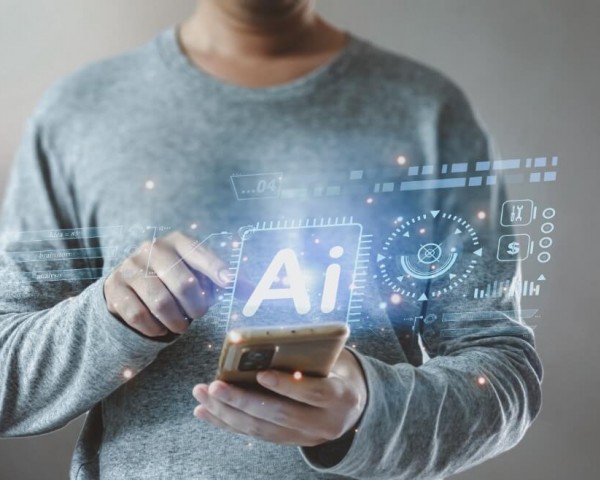Artificial Intelligence is revolutionizing various sectors worldwide, including tourism. A recent study highlights the significance of artificial intelligence for tourism professionals, revealing that approximately 30% of people have either used or are considering using AI to plan their future vacations. This interest is even more pronounced among young people, whose current or potential user rate could be as high as 70%. Could this trend ultimately lead to the disappearance of the physical guidebooks?
Essential Tool for Tourism Professionals
Increasingly, agencies, tour operators, and tourism professionals are turning to AI to meet customer expectations regarding destinations and products, enhance the customer experience, or improve their internal operations. Major players in the industry, such as Club Med, Booking.com, Airbnb, airlines, tourist offices, and hotel chains, are already adopting artificial intelligence or are in the process of integrating it. In fact, 90% of tourism stakeholders at the European level are either using AI extensively or planning to implement it soon.
Between QR Code and AI: Rapid Controls in Airports
For some time now, technology and artificial intelligence have been assisting in optimizing various phases of the passenger journey at airports. Investments in travel technology are projected to rise by 14% in 2024. Notably, 60% of airports plan to implement biometrics in their control systems by 2029, emphasizing artificial intelligence, data analysis, digital payments, and augmented reality among the selected technologies.
AI to Better Manage Visitor Flows
Managing the flow of visitors at popular tourist sites and museums worldwide has become a pressing challenge. To address this issue, some companies have developed AI systems that can predict daily attendance at these locations by analyzing factors influencing visitor behavior and using historical attendance data. This approach aims to facilitate smoother visitor arrivals and improve overall management at various levels.
Enhanced Experience in the Cultural Sector
Artificial Intelligence encompasses concepts like augmented reality and interaction. What better way for museum visitors to enhance their experience than through generative AI? This technology provides an opportunity to explore different places, times, and spaces—almost seamlessly—and to interact with the artworks or monuments they encounter. With tools like connected glasses, virtual reality headsets, or even simple touchscreen tablets already available, the possibilities for enriching these experiences are at our fingertips.
Automated High-speed Trains within 10 Years
The discussion surrounding autonomous trains has sparked mixed feelings and some fears among those interviewed. However, the idea is becoming more concrete in Japan, as plans are being made to introduce automated high-speed trains powered by AI, including the renowned Shinkansen. These driverless trains are expected to be operational within the next ten years.
Facial Recognition Could Be Enough to Take the Train
In Japan, a new system allows passengers on select train lines to board by being recognized by cameras installed on gantries. This system uses facial recognition and artificial intelligence, enabling passengers to pay for their journey without needing tickets or transport cards.
To use this service, passengers must first register their face and credit card online, through an app, or at the station ticket offices. Once registered, cameras at the trains’ entrance gates can recognize the passengers’ faces. When a registered face is detected, the gate opens, and the fare is automatically charged to the passenger’s credit card.
Creating Fake Guides with AI Made Easy
However, some savvy individuals have begun to exploit artificial intelligence’s potential. For instance, they create fake travel guides that are sold in bookstores or through traditional platforms specialized in this area. This practice is becoming increasingly common, leading some experts to recommend that consumers only purchase the most reputable collections from now on.












